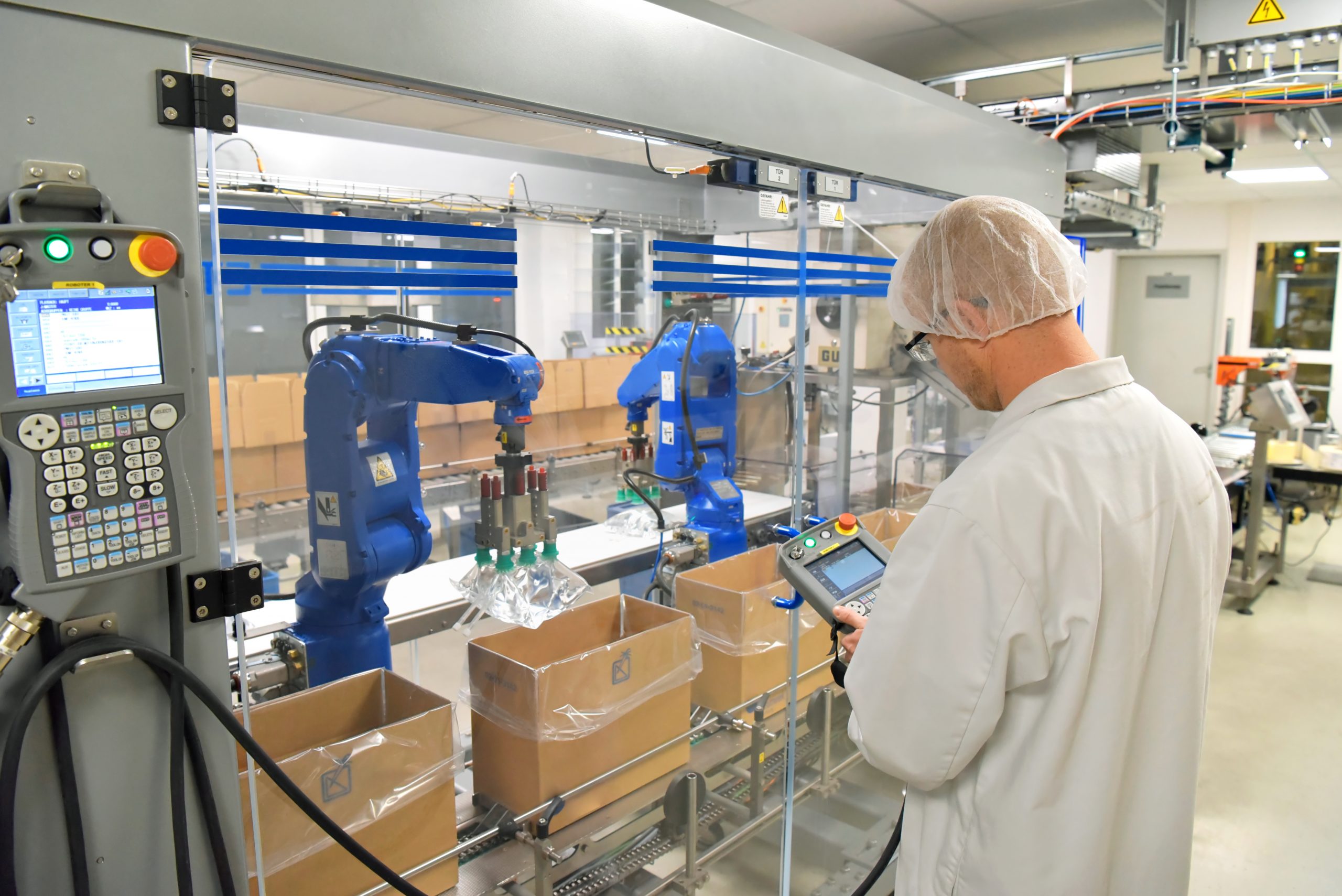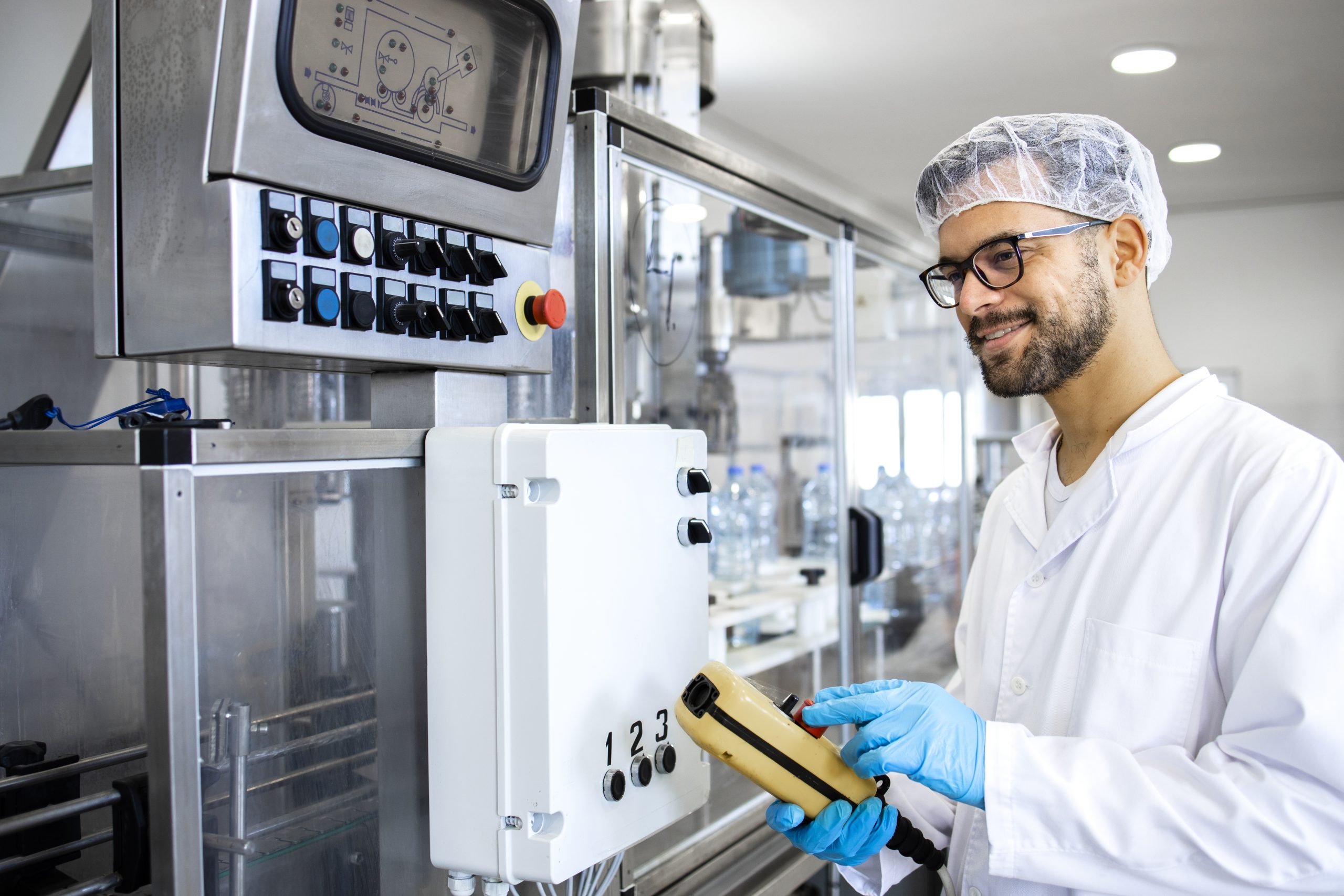
Sterile processing technicians specialize in decontaminating, cleaning, and sterilizing surgical tools and equipment.
This position is critical in any medical environment, from dentist offices to emergency rooms to cosmetic surgery facilities.
In addition to sterilizing the equipment, these professionals must maintain, repair, store, and properly distribute surgical tools to the correct locations.
Being a sterile processing technician requires classroom training and fieldwork.
States have varying requirements to become sterile processing technicians, but all need training.
If you want to become a sterile processing technician, it’s essential to understand the pros and cons of the role before signing up for a training program.
So keep reading to learn more!
Page Navigation
Pros of Being a Sterile Processing Technician

There a many reasons to become a sterile processing technician, including the following:
1. Can Work in Various Facilities
The sterile processing technician role is critical to all aspects of the medical community.
Surgical centers, dental offices, clinics, and hospitals across the U.S. require sterile processing technicians to minimize the spread of germs, diseases, and infections and sanitize the equipment.
In addition, wherever medical patients exist, sterile processing technicians must keep them safe and healthy.
2. Cost-Effective Certification
Certification has many benefits, including expanding your knowledge, finding a job, and advancing your career.
In addition, certification is a single fee, and re-certification occurs every five years, which helps keep the costs low, thus allowing you to focus on growing your experience and credentials.
Most other medical certifications must be renewed every year or two and can be incredibly expensive when you haven’t landed a position yet.
3. Crucial Role
Although patient interaction is infrequent, as a sterilization professional, you play an essential role in the healthcare community.
In this position, you ensure that infectious germs and diseases do not spread, all tools are accounted for and in good working order, and that every patient experiences a successful surgery.
4. Endless Opportunities
Your ambition is the only limit to career opportunities as a sterile processing technician.
However, with the right career aspirations and attitude, you can advance quickly into a supervisory or management role.
In addition, advancement in the sterilization field offers a deeper view of additional opportunities within the medical field.
For example, you can move into a surgical technician, endoscope technician, or more advanced role with more education.
5. Excellent Entry Level Position
If you’ve always dreamed of entering the medical field without the time and cost commitment of medical school, this is a great start.
Sterile processing technician programs require a high school diploma to be accepted into the program, so going through the rigors of admittance into a competitive associate or bachelor’s degree is not required.
Also, several certification organizations exist to make you more marketable to potential employers.
Many medical personnel began as sterile processing technicians and got additional education to move into nursing, administrative, and management roles.
6. Flexible Team Structures
Depending on the medical center or hospital size, sterile processing technicians work alone or in a team of other techs.
In either instance, one of the benefits of the role is you get to collaborate with numerous other medical personnel and teams and are considered one of the essential roles in the entire organization.
Without sterilization skills, no medical professionals can effectively perform their job.
7. Flexible Working Hours
Medical centers, dentists’ offices, and hospitals require sanitized equipment to be ready for use at all hours.
Larger facilities have morning, evening, and overnight shifts to accommodate employee and patient schedules.
Whether a morning bird or a night owl, you can usually find a shift that matches your preferences.
The hours can be even more flexible for those who decide to become contract sterile processing technicians.
8. New Challenges Daily
The typical day for a sterile processing technician involves moving around the medical campus to gather, clean, sterilize, and deliver various pieces of equipment.
This is not a stationary job, so if you like walking and getting exercise, this is an excellent opportunity.
Also, since the sterile processing technicians are always on the move, the days go by quickly, and there’s never a dull moment.
9. Robust Workforce
With the Baby Boomer population aging and the spike in chronic conditions, the medical field has become one of the fastest-growing industries in the U.S. Experts estimate the area will grow by as much as 20% in the next five years.
In addition, all the expanding medical facilities need sterile processing professionals to ensure clean and proper instruments are used.
Therefore, you can find continuous work within the field and help others throughout your career.
Cons of Being a Sterile Processing Technician

Like with any role, there are several cons to be aware of when becoming a sterile processing technician, including the following:
1. Behind the Scenes Profession
For many, not having to work with patients while still helping to save lives is a significant draw.
However, there are better routes than becoming a sterile processing technician for those who like social interaction with those they are helping.
Those in this profession work behind the scenes to help patients by sterilizing and managing surgical equipment.
Not having that human interaction in the medical community is off-putting to many.
2. Can Cause Burnout
While the position of a sterile processing technician is not necessarily stressful, high workloads tend to lead to faster burnouts.
Also, in many instances, busy hospitals may require sterile processing technicians to work overtime because of staff shortages and the pure volume of equipment that needs maintenance.
This can also interfere with work-life balance and family and friend commitments.
3. Disease Exposure
Even with the proper protective gear, you have the potential to contract numerous diseases and bacteria or catch a cold.
In addition, since you are responsible for cleaning and sterilizing the equipment, a rip in the protective gear or a misstep in the process can cause you to be cut by a dirty instrument or exposed to an air-borne illness, all of which can be taken home and transferred to friends and family.
Therefore, potential sterile processing technicians must know this is one of the biggest risks before signing up.
4. Educational Requirement
While the educational requirement is minimal, it does require focus and engagement for up to two years, depending on the degree level.
This may be difficult for those with outside commitments, but some programs have online classes.
However, it is important to note that even online courses require laboratory and clinical work to complete the program.
Also, training can cost thousands of dollars depending on the location, school, and diploma program.
5. Exposure to Inadequate Inspection Technologies
Depending on the medical location, some have inadequate inspection technologies that don’t allow you to perform your job correctly.
An inspection aims to confirm functionality and biological residue before sterilization.
That means sterile processing technicians must have the correct equipment to properly follow the hospital’s inspection and sterilization procedures to ensure patient safety.
6. Non-Compliant Storage Systems
In many instances, sterile processing technicians must be able to manage instrument storage with limited resources.
This can cause stress and anxiety and eventually lead to burnout.
In addition, as medical practices have advanced in recent years, the amount of tools needed has also grown.
Unfortunately, the sterile storage area is an overlooked aspect of the facility, leaving those running the site developing improper storage processes to find space for surgical tools.
7. Poor Quality Instrument Repair
Many hospitals and medical facilities need more money to support surgical instrument repair.
Therefore, sterile processing technicians are forced to make the repairs with their available tools.
Unfortunately, this can result in subpar repairs, which may harm the patient and other internal medical teams.
Remember, the medical instruments are held to the highest quality standards, so having inadequate repair methods can be incredibly damaging to the facility’s reputation.
8. Tremendous Amount of Pressure
Given that you must follow strict processes and procedures if a step is skipped, life is potentially on the line.
For example, a misstep could cause improper sterilization, resulting in a patient developing a fatal infection after surgery.
For this reason, it’s critical to follow the required guidelines and have excellent attention to detail while on the job.
Should You Become a Sterile Processing Technician?
Generally, sterile processing technicians are happy employees, despite having some cons to taking on the position.
Becoming a sterile processing technician is a great career goal if you like to work behind the scenes at a job and want to work in the medical community.
In addition to being able to make decisions and find problems to solutions quickly, this position is an excellent entrance into the medical field.
Many start as sterile processing technicians and move into other medical positions like nurses and surgical assistants!
Pros and Cons of Being a Sterile Processing Technician – Summary Table
| Pros of Being a Sterile Processing Technician | Cons of Being a Sterile Processing Technician |
|---|---|
| Can Work in Various Facilities | Behind the Scenes Profession |
| Cost Effective Certification | Can Cause Burnout |
| Crucial Role | Disease Exposure |
| Endless Opportunities | Educational Requirement |
| Excellent Entry Level Position | Exposure to Inadequate Inspection Technologies |
| Flexible Team Structures | Non-Compliant Storage Systems |
| Flexible Working Hours | Poor Quality Instrument Repair |
| New Challenges Daily | Tremendous Amount of Pressure |
| Robust Workforce |







